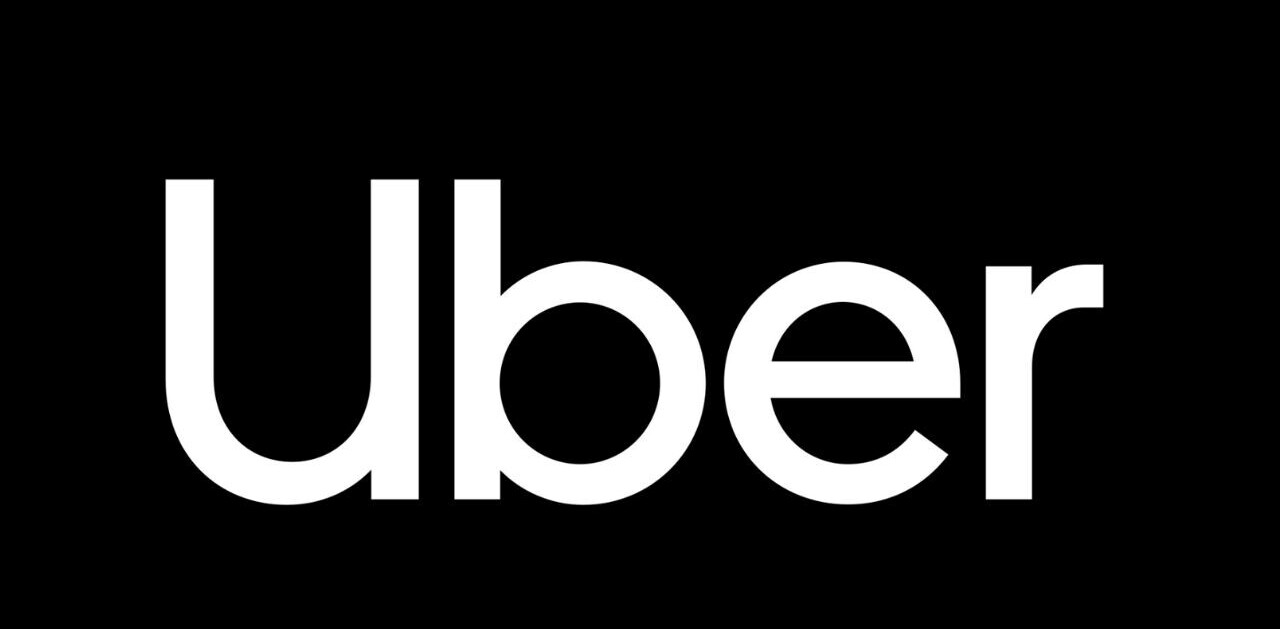
Mobile storefront openings are quite popular these days. Recently Vodafone announced plans to “Redefine the Mobile Internet Experience”. The essence of the announcement is in the first three paragraphs of their official press release:
Vodafone is to stimulate a new generation of mobile internet applications by providing internet service developers with a single point of access to Vodafone’s global customer base.
Developers will only need to create internet applications once in order to reach millions of Vodafone customers on any device and will be able to charge for it directly through Vodafone’s billing system. This will provide internet content partners, such as the media or game developers, with a cost-efficient and effective micro-payments system to reach all customers on mobile devices.
Vodafone will also provide partners and developers with customer controlled access to other network capabilities, such as location awareness, enabling them to create even more innovative mobile internet services and applications.
Wow, this is potentially big news for all developers of mobile services and applications.
Since Apple’s App Store has absorbed almost 100% of the press’ attention for mobile distribution platforms, it has clearly only been a question of time until others would follow. We’ve covered Nokia’s Ovi Store opening, RIM started the BlackBerry App World a couple of weeks ago and Android folks got their Android Market.
None of these device vendor driven initiatives have yet established the global reach and seamlessness that Apple is so well known for, but that might only be a matter of time.
The Vodafone announcement, however, is remarkably different for one key aspect: For the first time a carrier announces to open up its holy grail to – literally – everyone: The Operator Billing Engine.

betavine, Vodafone’s “open community for mobile application developers” has been around for quite a while but did not receive too much attention from either devs nor the press. And the fact that even a few hours after a betavine team member’s post regarding Vodafone’s big App Store plans nobody from the dev community seems to care , might just be another indicator for an in fact not-so-hot community. In comparison, Apple’s App Store birth announcement yielded thousands of comments just seconds after its publication.
Given the potential disruptive nature of Vodafone’s initiative, let us briefly look into some key aspects of mobile service delivery and specifically what the announcement states with respect to each:
The Client Platform
Application developers are controversially discussing whether native applications (read “SDK”) or leveraging web technologies (read “HTML 5”, hopefully) or hybrids are the best way to build for mobiles. As of today there seems to be no clear answer and we might have to wait until HTML 5 transitions into a real standard and becomes widely supported across devices.
The announcement says:
Vodafone is to stimulate a new generation of mobile internet applications by providing internet service developers with a single point of access to Vodafone’s global customer base. [emphases added]
That says the new Vodafone platform targets internet service developers. A Google search on this term returns the Vodafone announcement itself, we might be fair to assume that “internet service developers” is either meant literally or deliberately non-specific. I assume the latter. It is pretty obvious that Vodafone is not going down a route to build a multi-devices SDK or anything else which would require strong device vendor co-operation.
Presumably services running on Vodafone’s “redefined mobile internet experience platform” will leverage standard web technologies. This is currently very likely the only path to go if supporting hundreds of different devices, including ones that you don’t even control, is part of your strategy.
It does, however, not solve the problem of device diversification entirely. One of the key drivers for Apple’s mass market success with respect to delivering mobile applications is the optimized, enhanced and device specific user experience iPhone applications deliver.
One of the paragraphs to the end
Vodafone is also exploring a range of other ways to expose its network enablers to the broadest possible audience.
is again deliberately unspecific which might mean, that they have not yet decided on a strategy for this (key) area.
If Vodafone’s new platform is going to promote a one-size-fits-all approach, I doubt whether it’ll break out of a geeky user base.
Discoverability
As with all of the content available on the traditional Web 1.0, the ability for an application to be found by customers and users is another important factor for service providers. In the mobile space discoverability is required on two ends: First, users need to find a service and be able to “get it onto their phones”. Second, once they’ve successfully downloaded or bookmarked a service, they need to be able to quickly access it. (I remember some older Nokia smartphones where I had to traverse down six menu levels until I could start a downloaded JAVA app.)
Vodafone’s announcement does not state anything related to the problem of discoverability.
Developers will only need to create internet applications once in order to reach millions of Vodafone customers on any device […]
“Only need to create internet applications in order to reach millions of customers” sounds pretty euphemistic to me. The difficulty of application marketing is already the number one issue on the App Store and I seriously wonder how Vodafone is planning to support the developer ecosystem in this area. Operators are not exactly known for being good in personalization and consumer marketing down to the individual.

Micropayment
For years making money with mobile applications has been a tough business. The absence of a seamless cross-device, cross-carrier, cross-country micro-transaction payment has significantly limited the options for developers to charge their customers.
Apple’s announcement of supporting in-application-purchases with the upcoming new iPhone operating system is a game changer – for developers targeting the iPhone platform. And it’s a quite natural and easy to implement move for Apple to open up the iTunes billing engine with roughly 50 million chargeable credit cards on stock.
As ultimately making money is the driver for mobile businesses, this aspect of the Vodafone statement is extremely important:
Vodafone will enable developers to use its direct billing capabilities to permit customers to pay for services wirelessly through their existing Vodafone pre- and post-paid accounts rather than having to input sensitive credit card data into multiple application stores.
This will make Vodafone to directly compete against well established PayPal and all the other start-ups that are currently incorporated on an almost daily basis and try to address mobile micropayment.
It’s also worth to mention that this is the first time a carrier announces to open its direct billing capabilities to the wild. Previously subsequently charging customers was tied to have them call premium rate numbers or send premium short messages (by the way a business with a 90% profit margin).
Letting developers tie into Vodafone’s billing engines is huge and has the highest priority to investigate further on my watch list.
This will provide internet content partners, such as the media or game developers, with a cost-efficient and effective micro-payments system to reach all customers on mobile devices.
Well, at least all Vodafone customers on mobile devices that will support these new type of applications.
The real news is about “Building a Relationship”
As so often with press announcements, most of the details remain foggy.
I guess that the smart folks at Vodafone have primarily decided on the overall strategy and are now facing the difficult phase of executing it correctly. (One of the unique aspects of Apple’s success seems to be to constantly define the right strategy and master its execution.)
The biggest news for me is that one of the problems in dealing with carriers before was building a relationship. This has been extremely difficult and was not possible for many.
Hopefully this might have changed and we will see other carriers follow.
Ultimately: Who is going to work on a cross-carrier, cross-device, cross-user-identity, cross-platform solution?
(This article originally appeared on my personal blog. I thought sharing it with the great audience here at The Next Web could enrich the discussion.)
Get the TNW newsletter
Get the most important tech news in your inbox each week.





